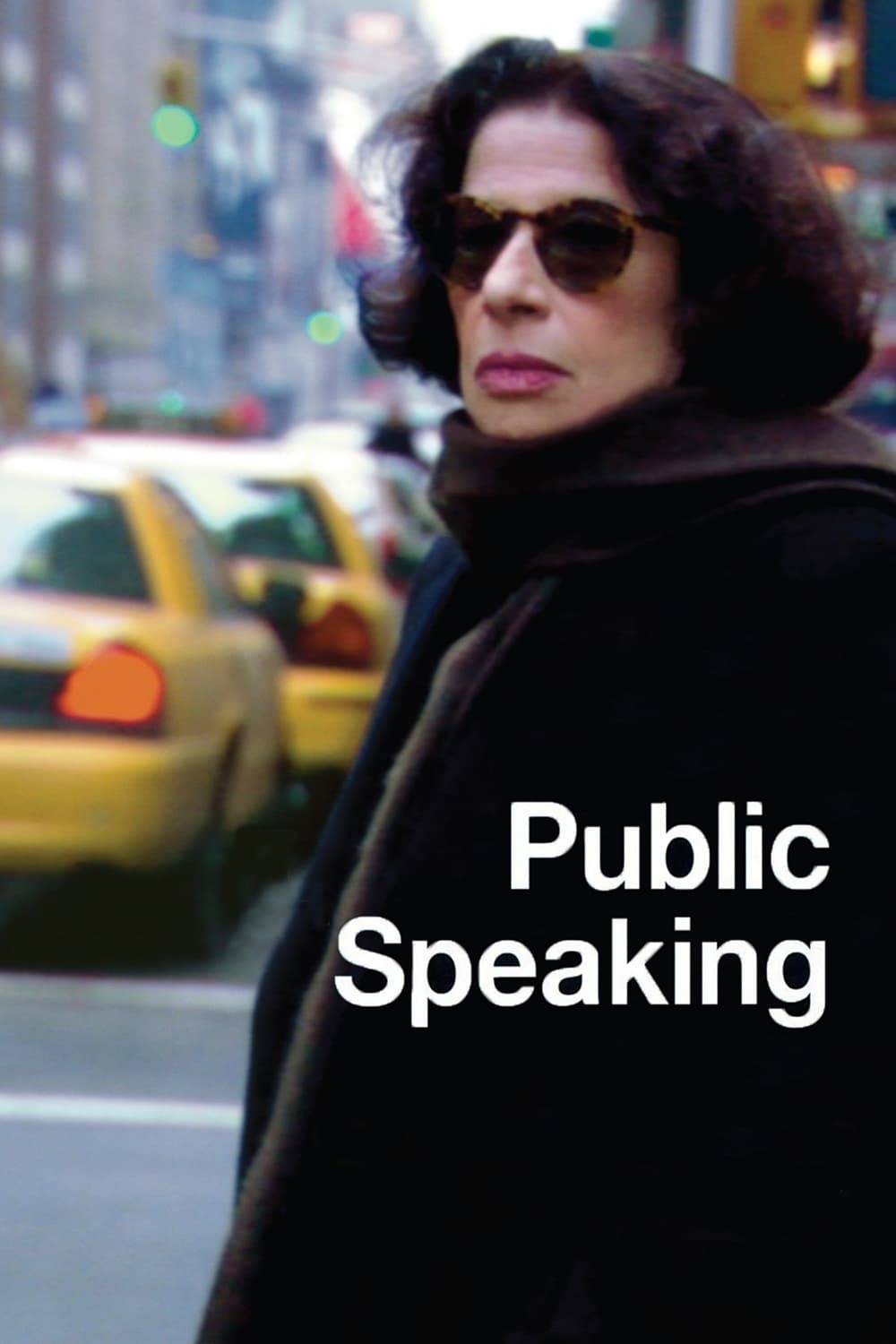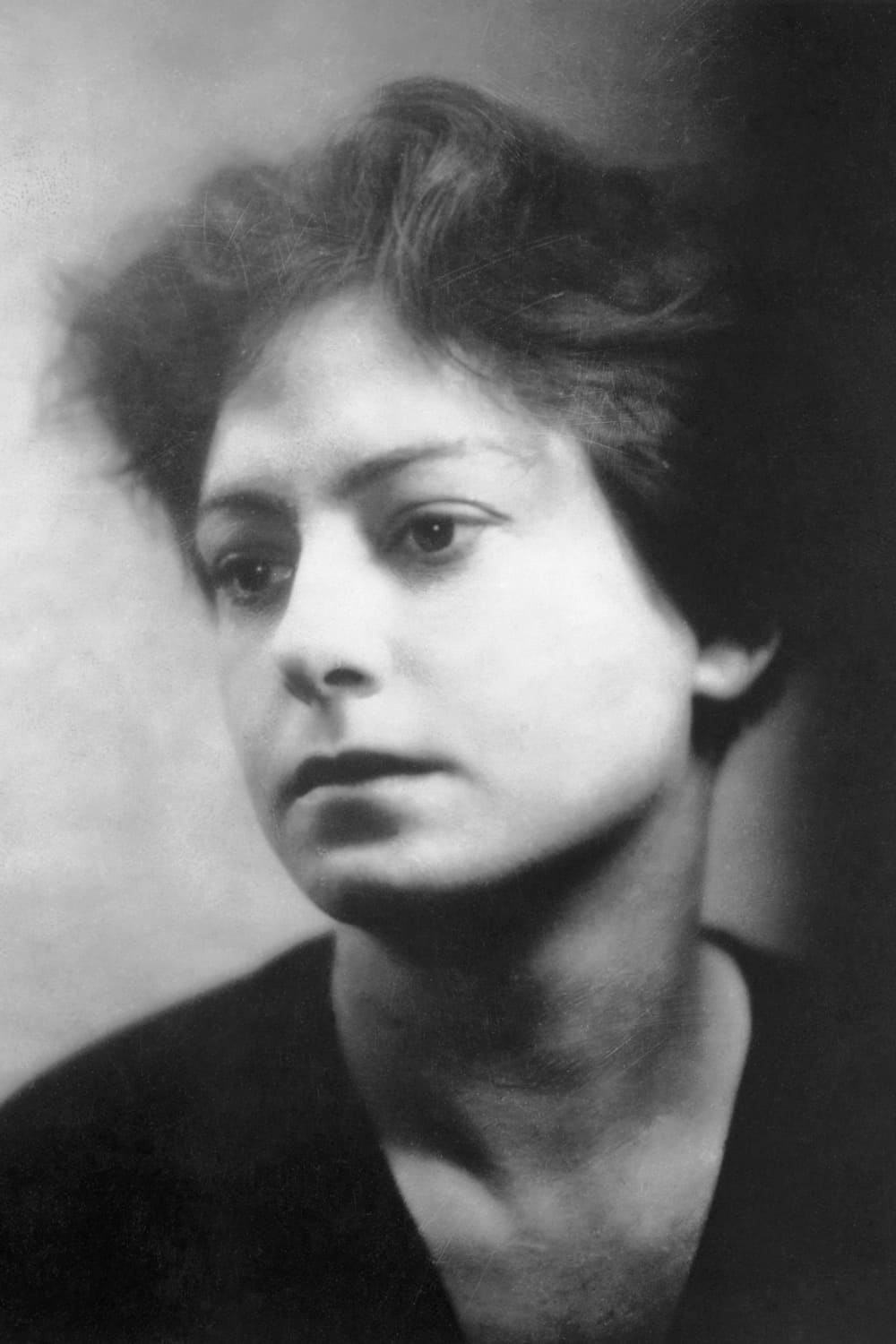
Dorothy Parker
Dorothy Parker (née Rothschild; August 22, 1893 – June 7, 1967) was an American poet, writer, critic, and satirist based in New York; she was known for her wit, wisecracks, and eye for 20th-century urban foibles. From a conflicted and unhappy childhood, Parker rose to acclaim, both for her literary works published in magazines, such as The New Yorker, and as a founding member of the Algonquin Round Table. Following the breakup of the circle, Parker traveled to Hollywood to pursue screenwriting. Her successes there, including two Academy Award nominations, were curtailed when her involvement in left-wing politics resulted in her being placed on the Hollywood blacklist. Dismissive of her own talents, she deplored her reputation as a "wisecracker." Nevertheless, both her literary output and reputation for sharp wit have endured. Some of her works have been set to music; adaptations included the operatic song cycle Hate Songs by composer Marcus Paus. Description above from the Wikipedia article Dorothy Parker, licensed under CC-BY-SA, full list of contributors on Wikipedia.
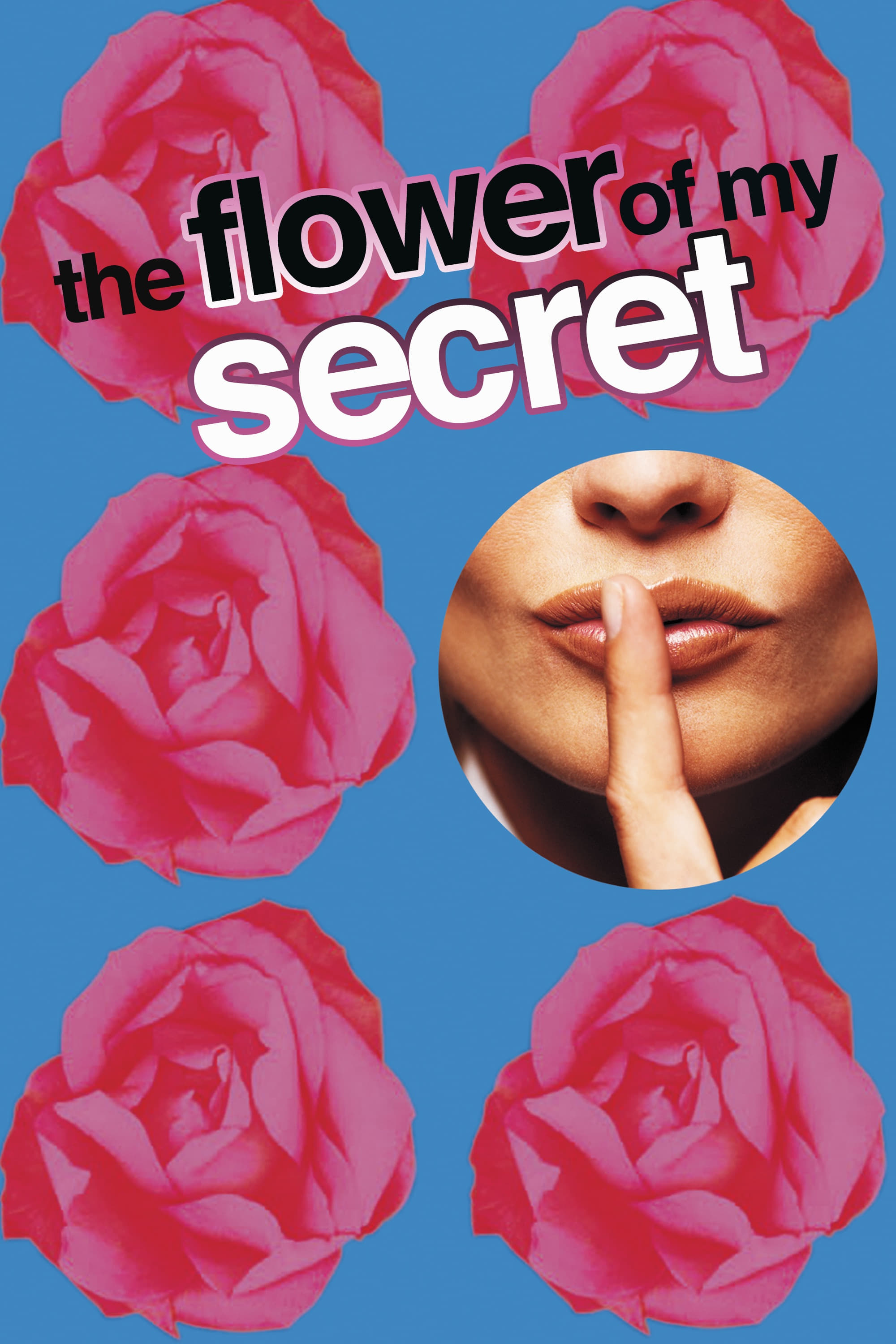
The Flower of My Secret
(Novel)
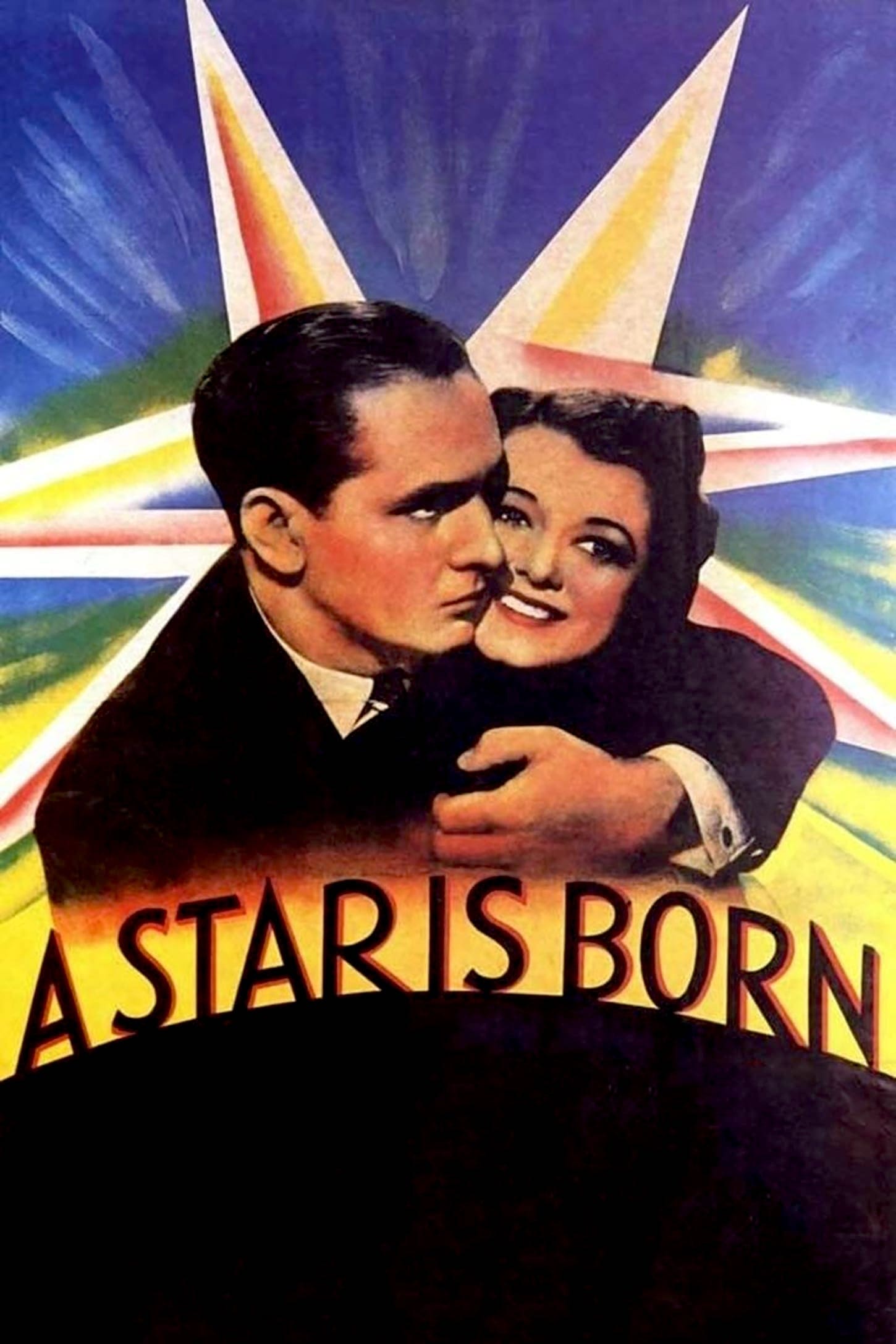
A Star Is Born
(Screenplay)
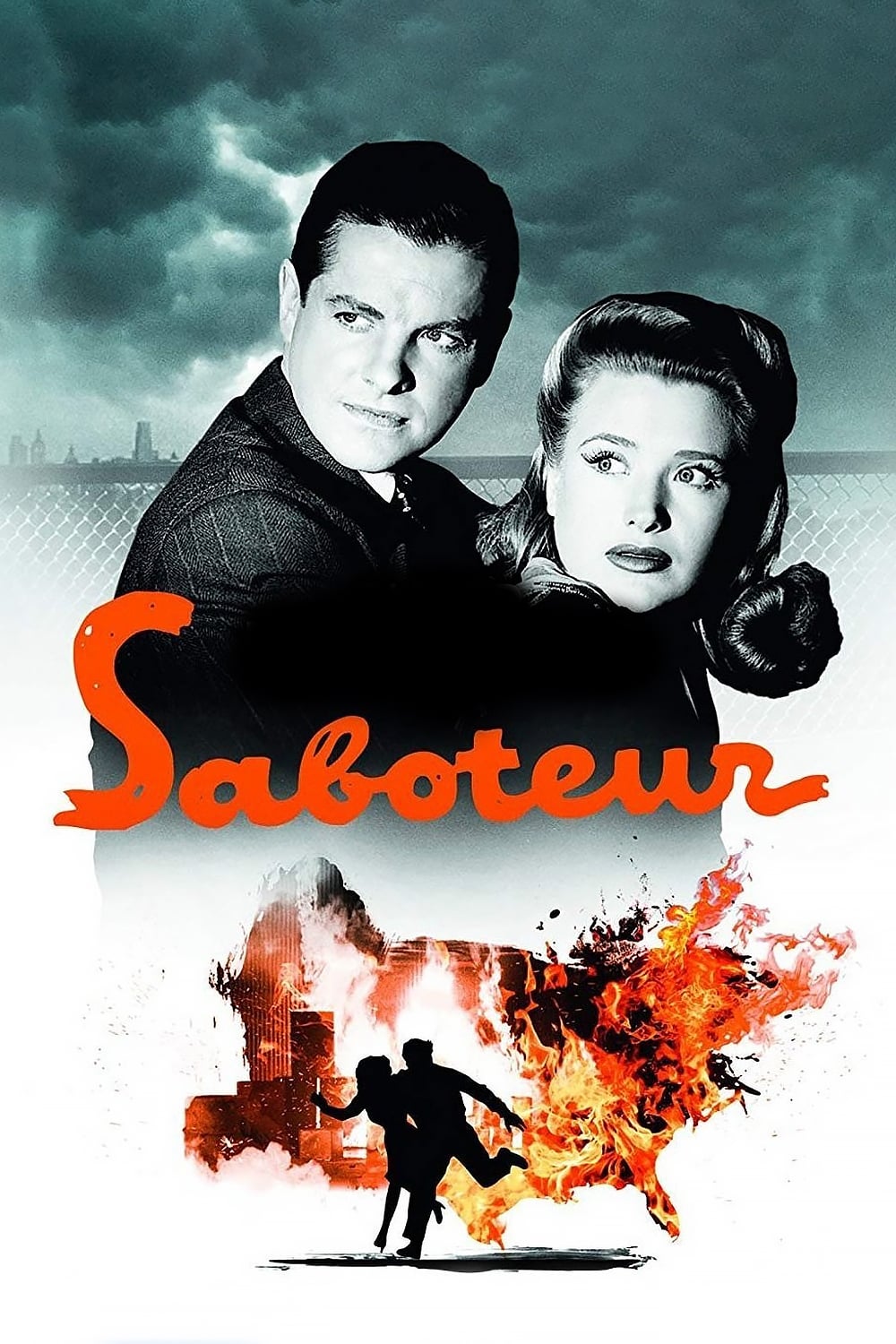
Saboteur
(Screenplay)

Sweethearts
(Screenplay)

Smash-Up: The Story of a Woman
(Story)
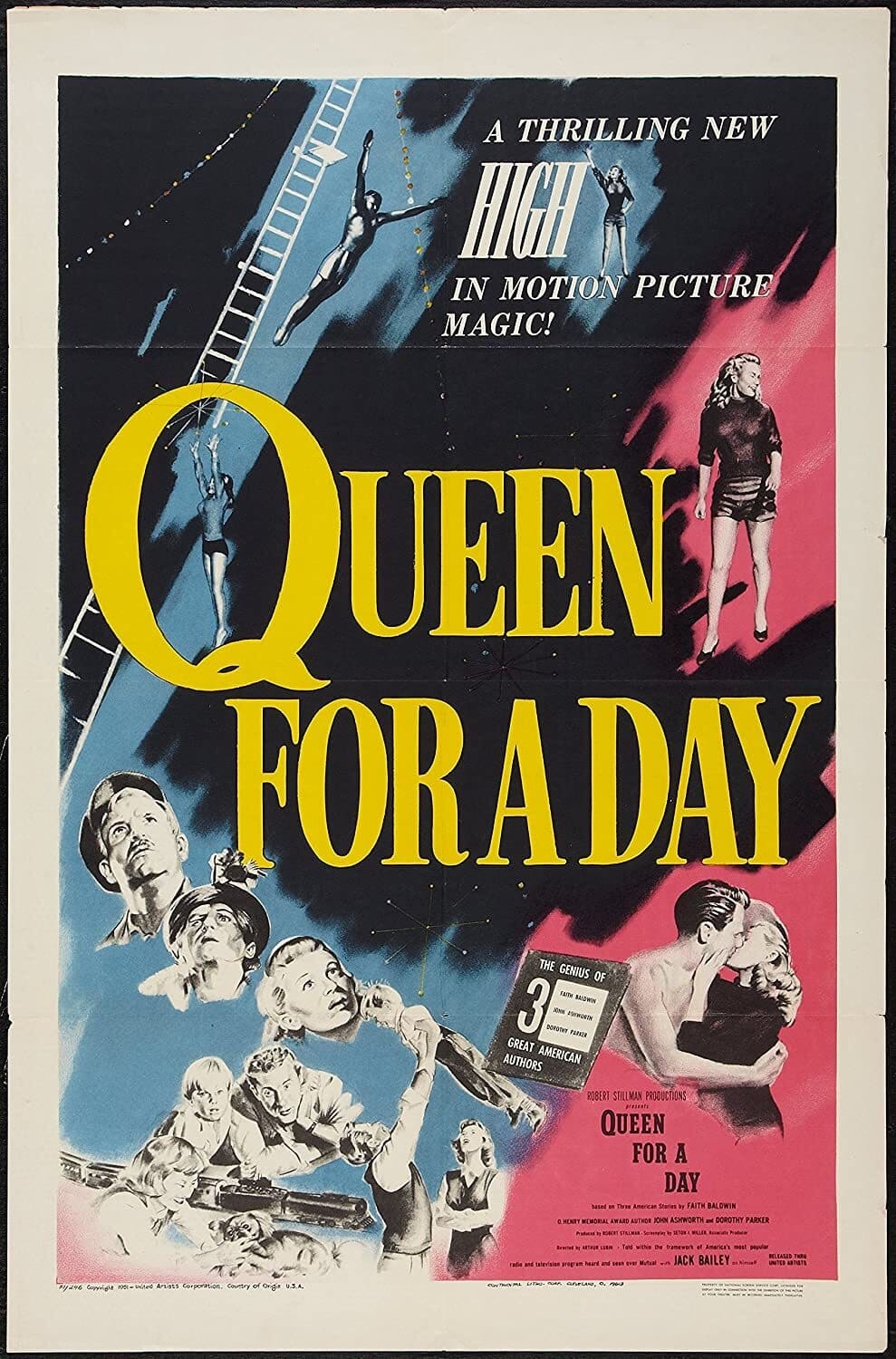
Queen for a Day
(Writer)
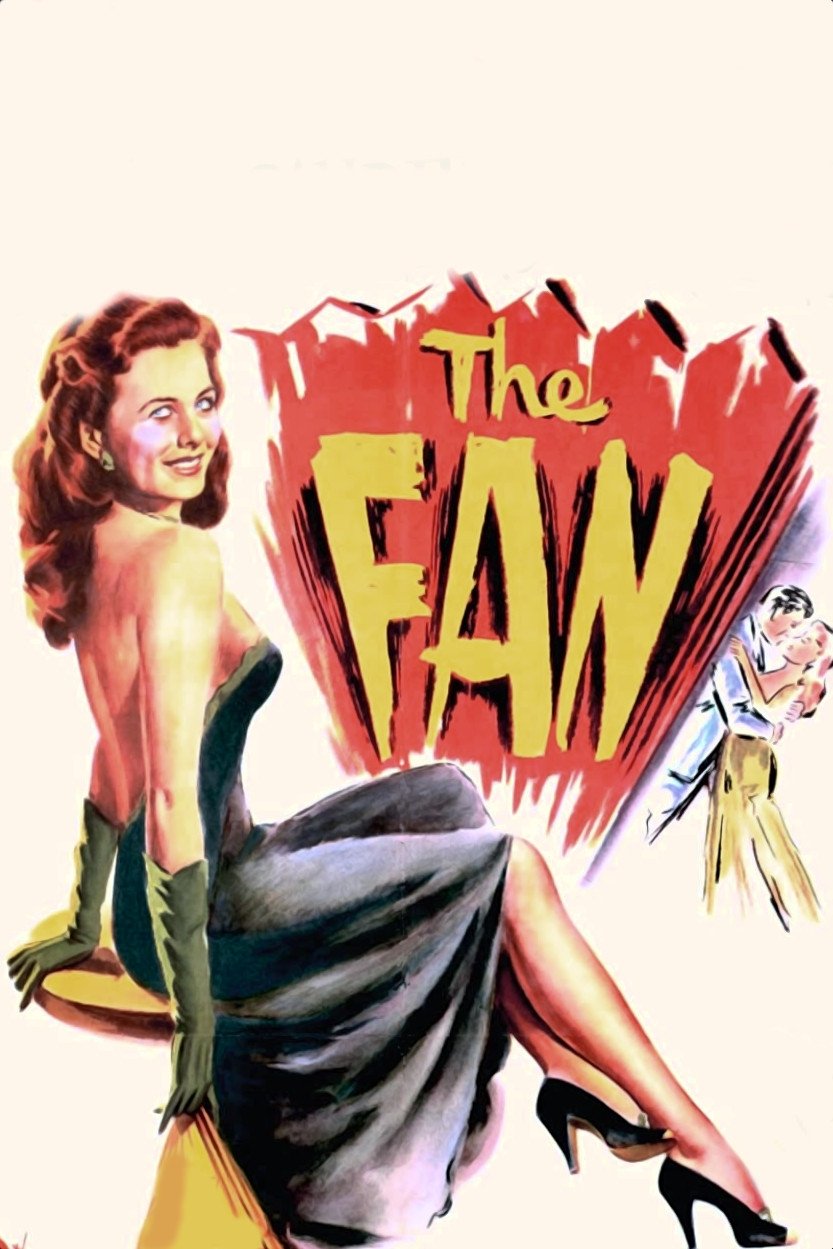
The Fan
(Writer)
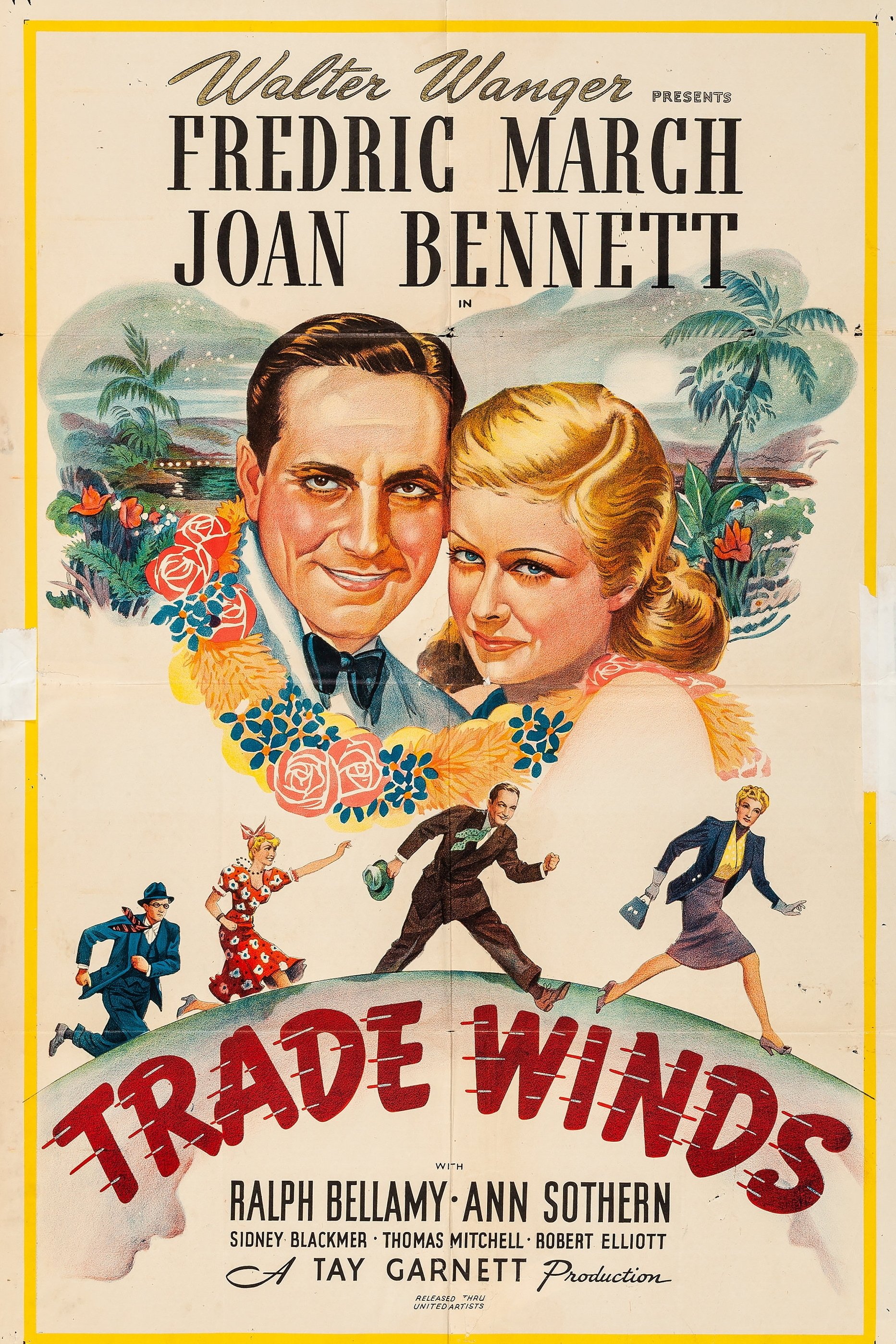
Trade Winds
(Writer)
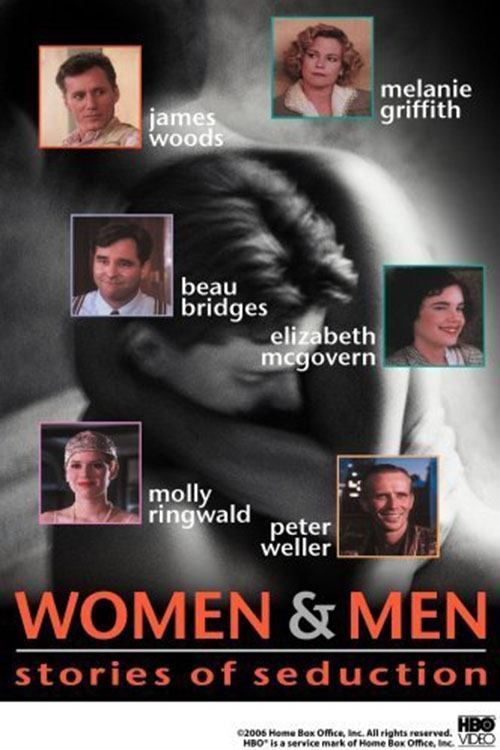
Women and Men: Stories of Seduction
(Story)
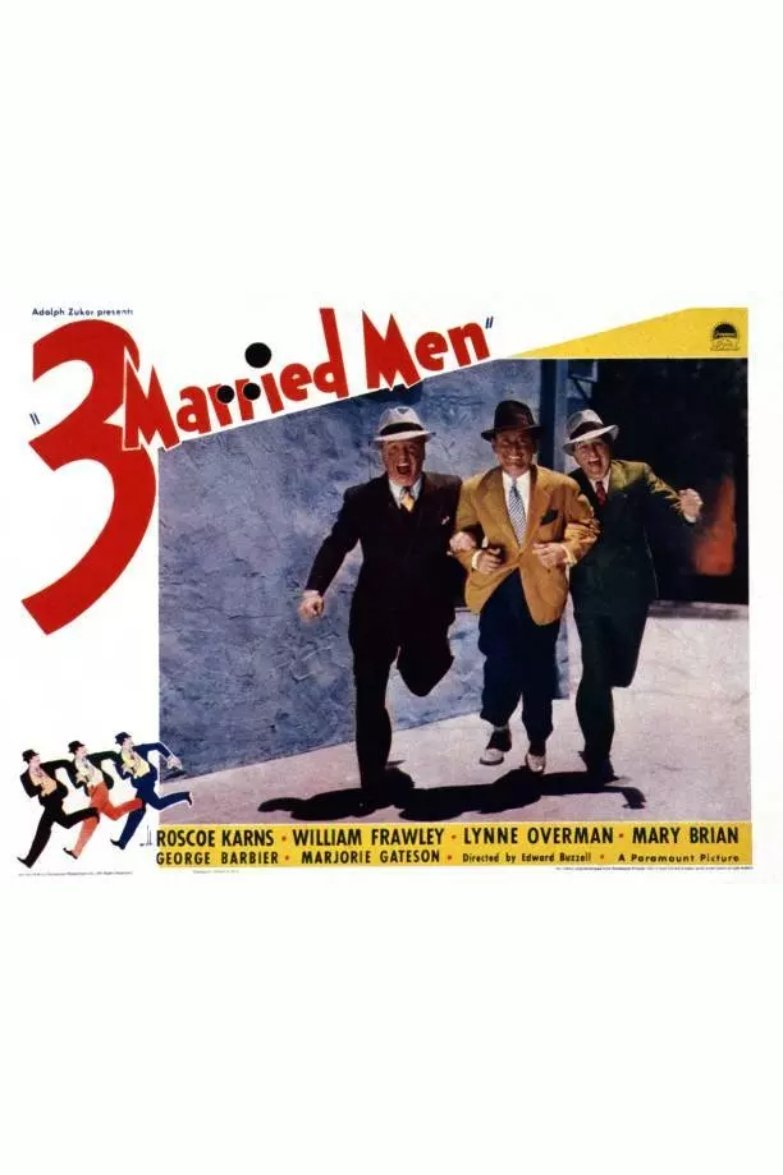
Three Married Men
(Screenplay)
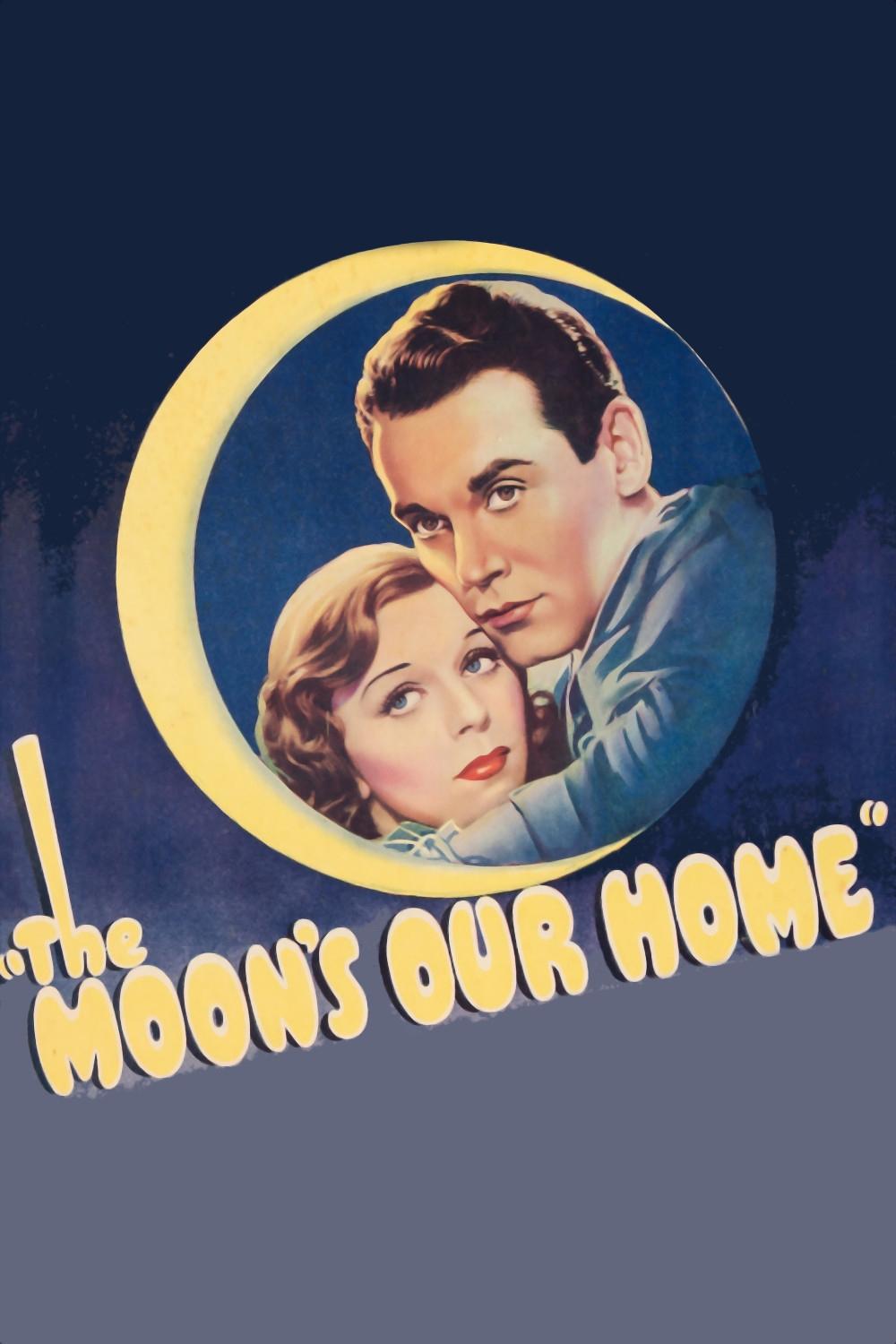
The Moon's Our Home
(Writer)
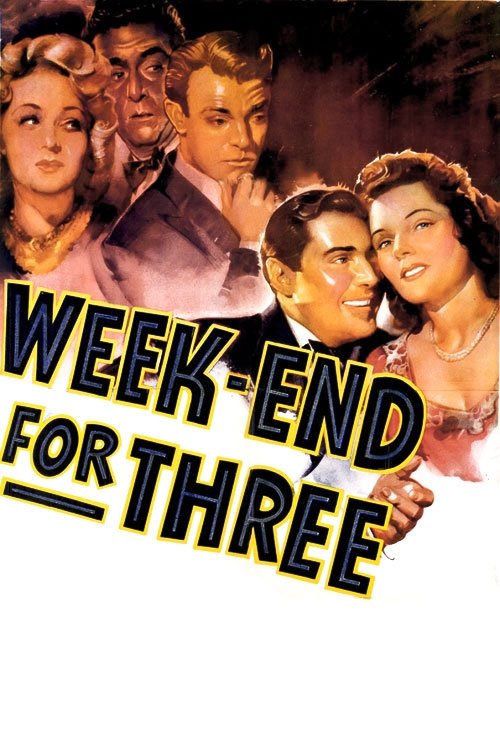
Weekend for Three
(Screenplay)
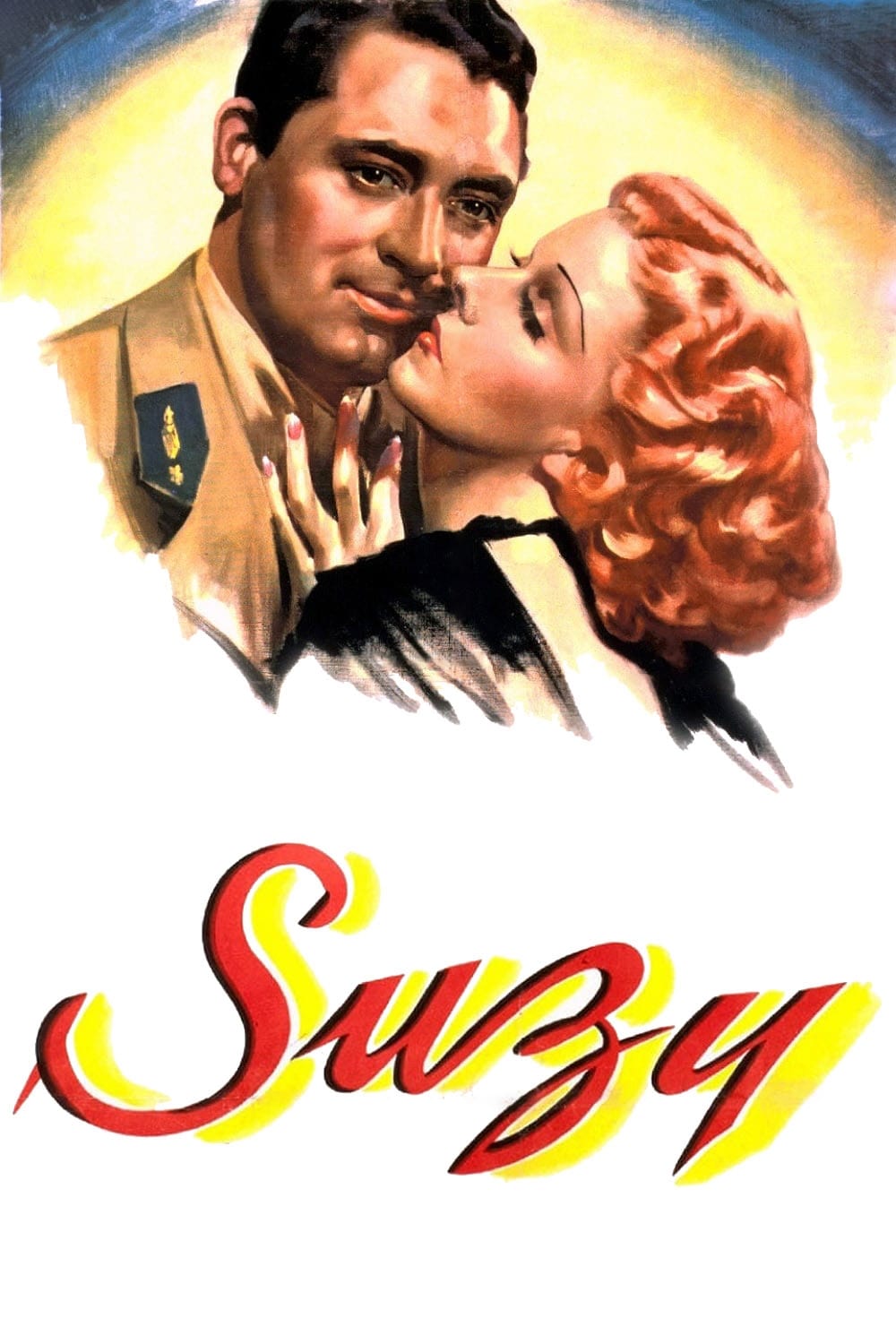
Suzy
(Screenplay)
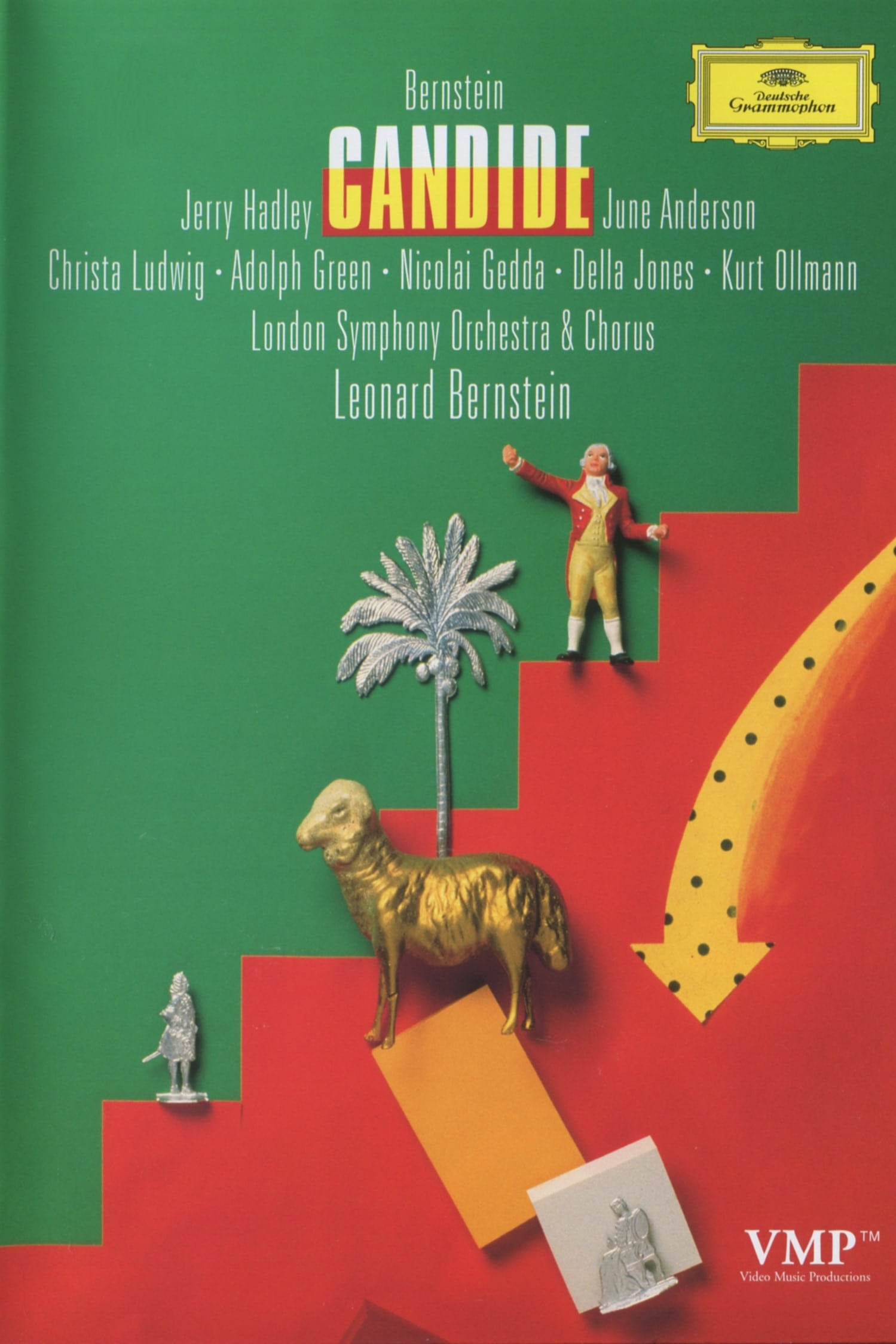
Leonard Bernstein - Bernstein - Candide
(Lyricist)
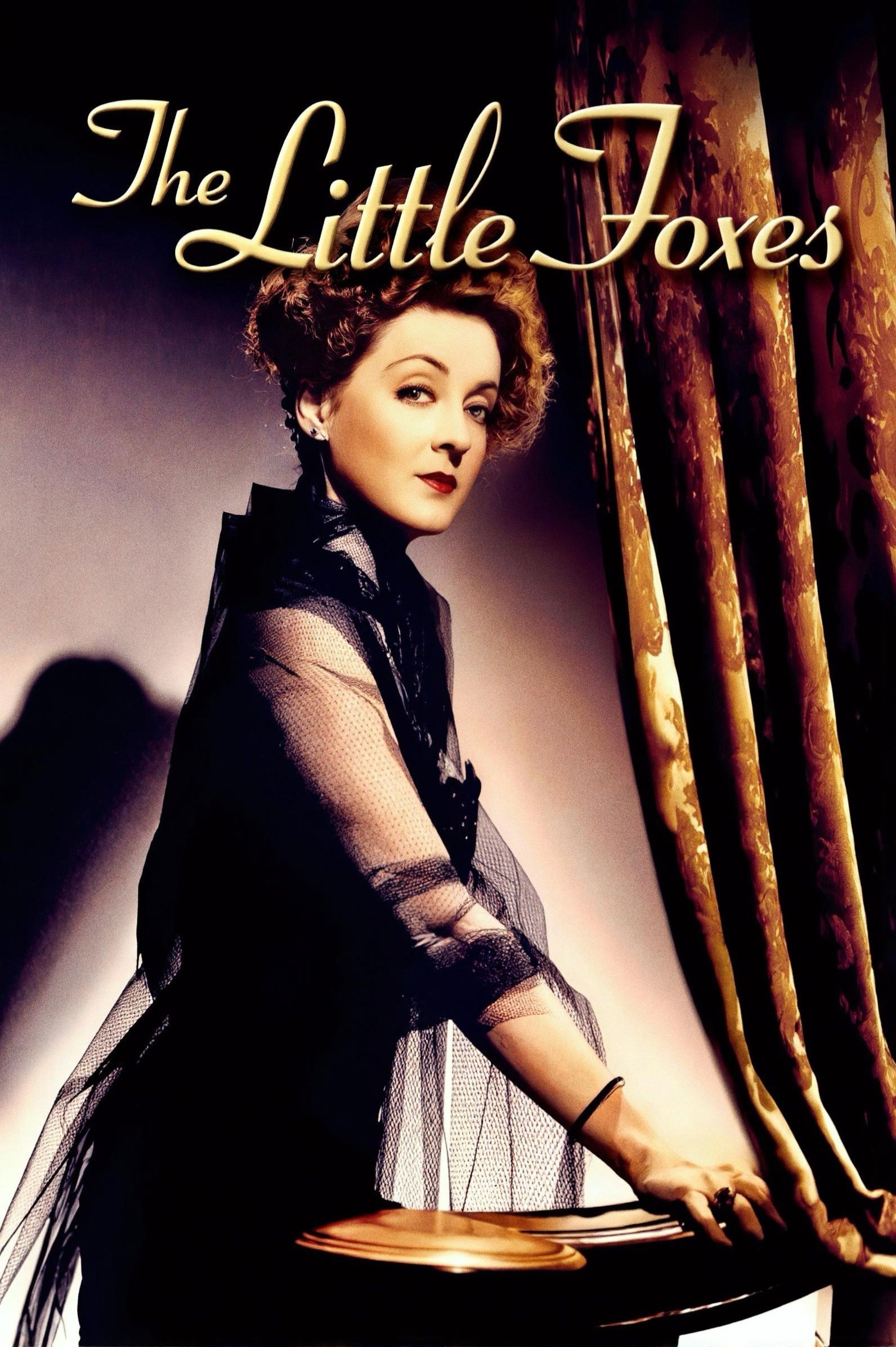
The Little Foxes
(Additional Dialogue)
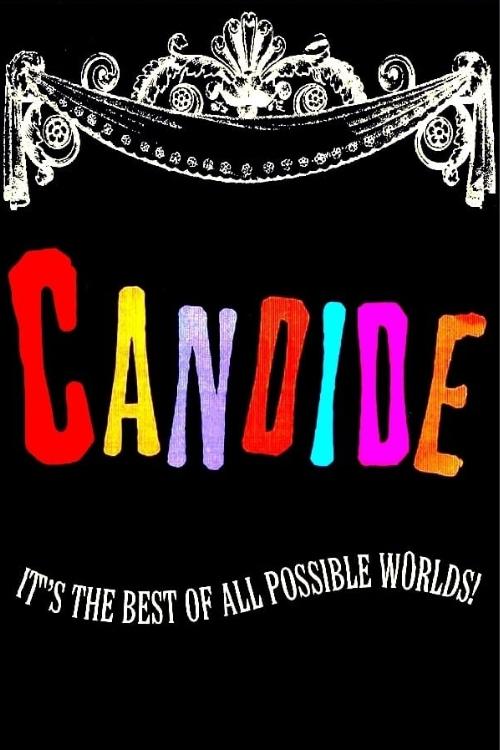
Candide
(Lyricist)
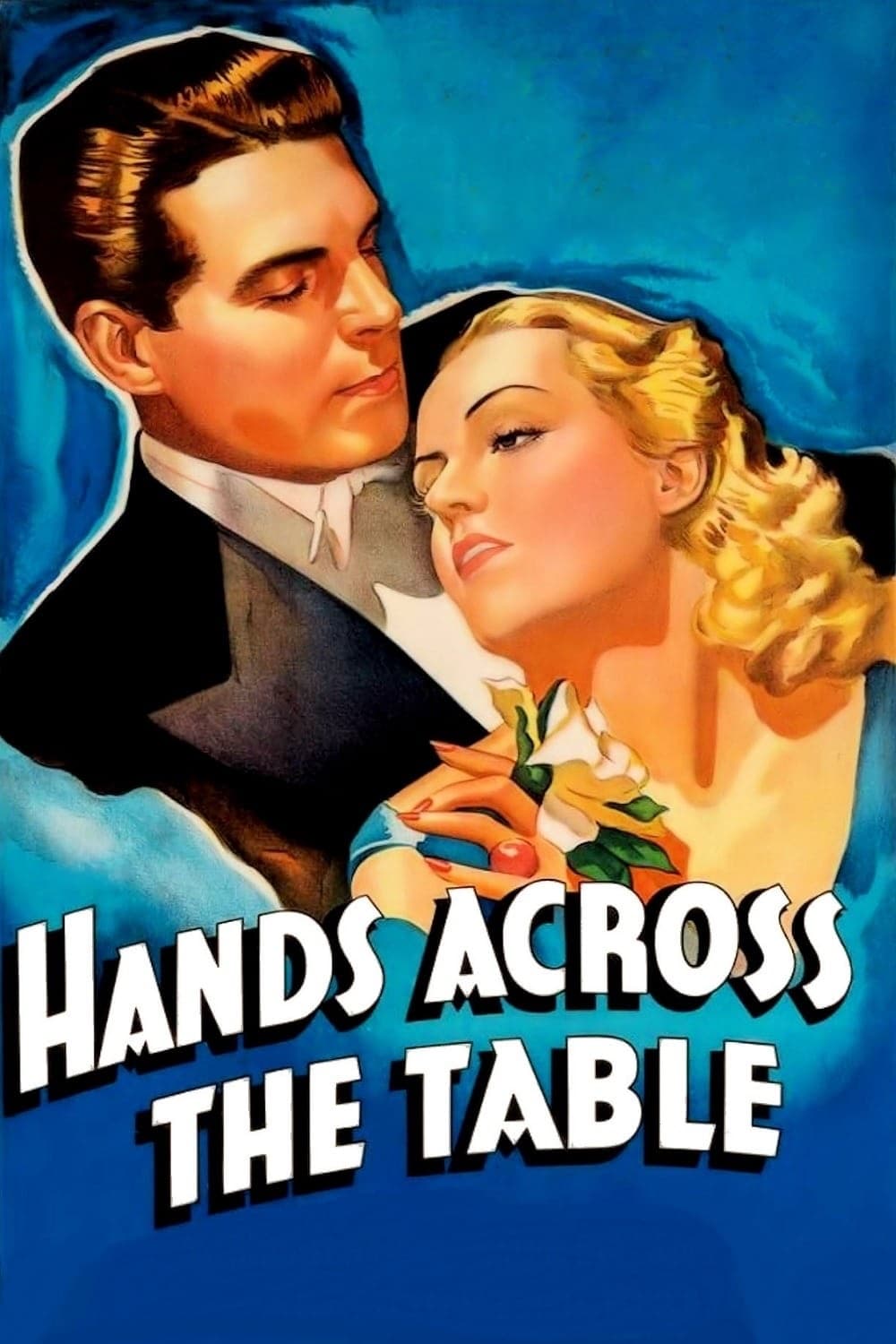
Hands Across the Table
(Writer)
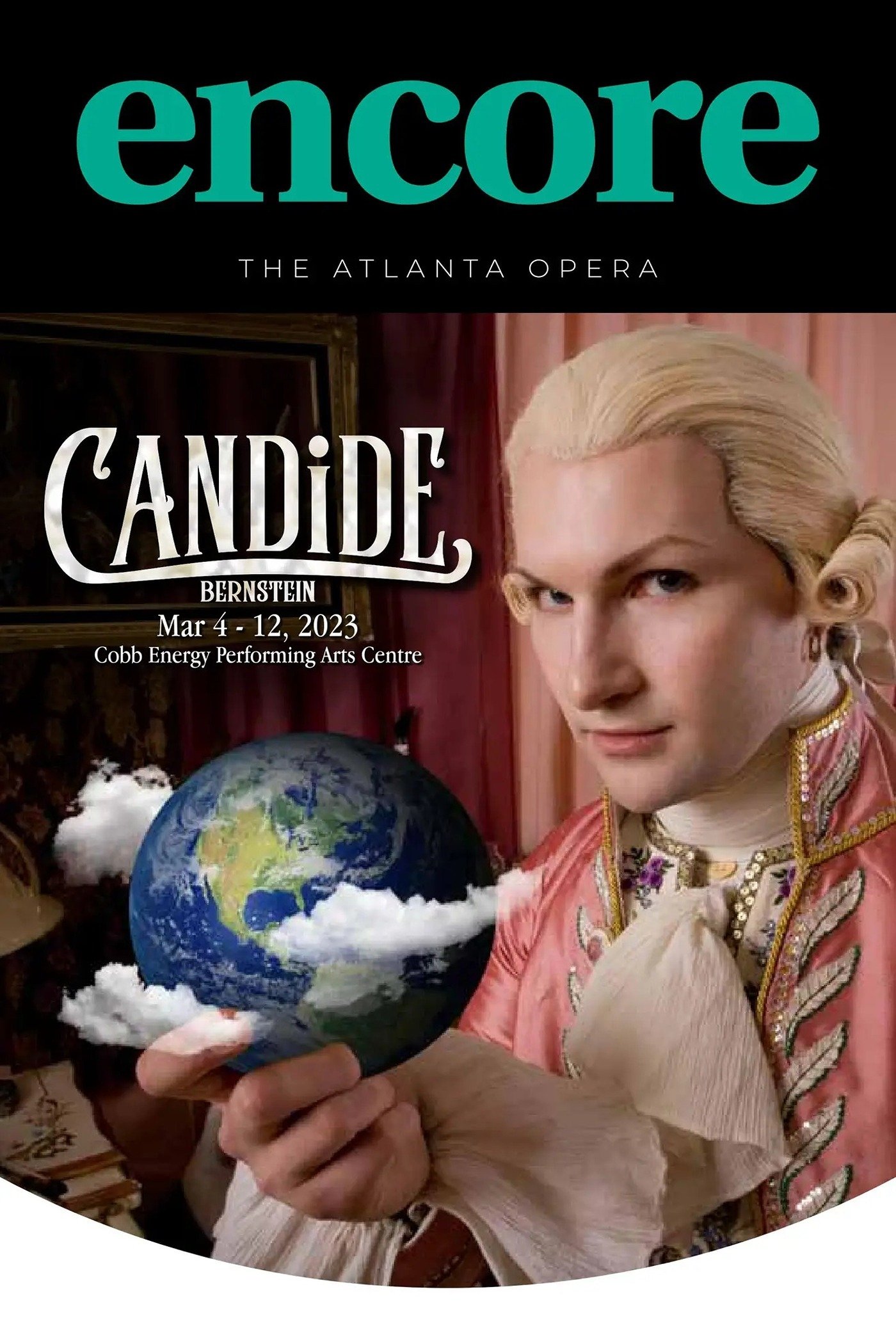
Candide
(Lyricist)
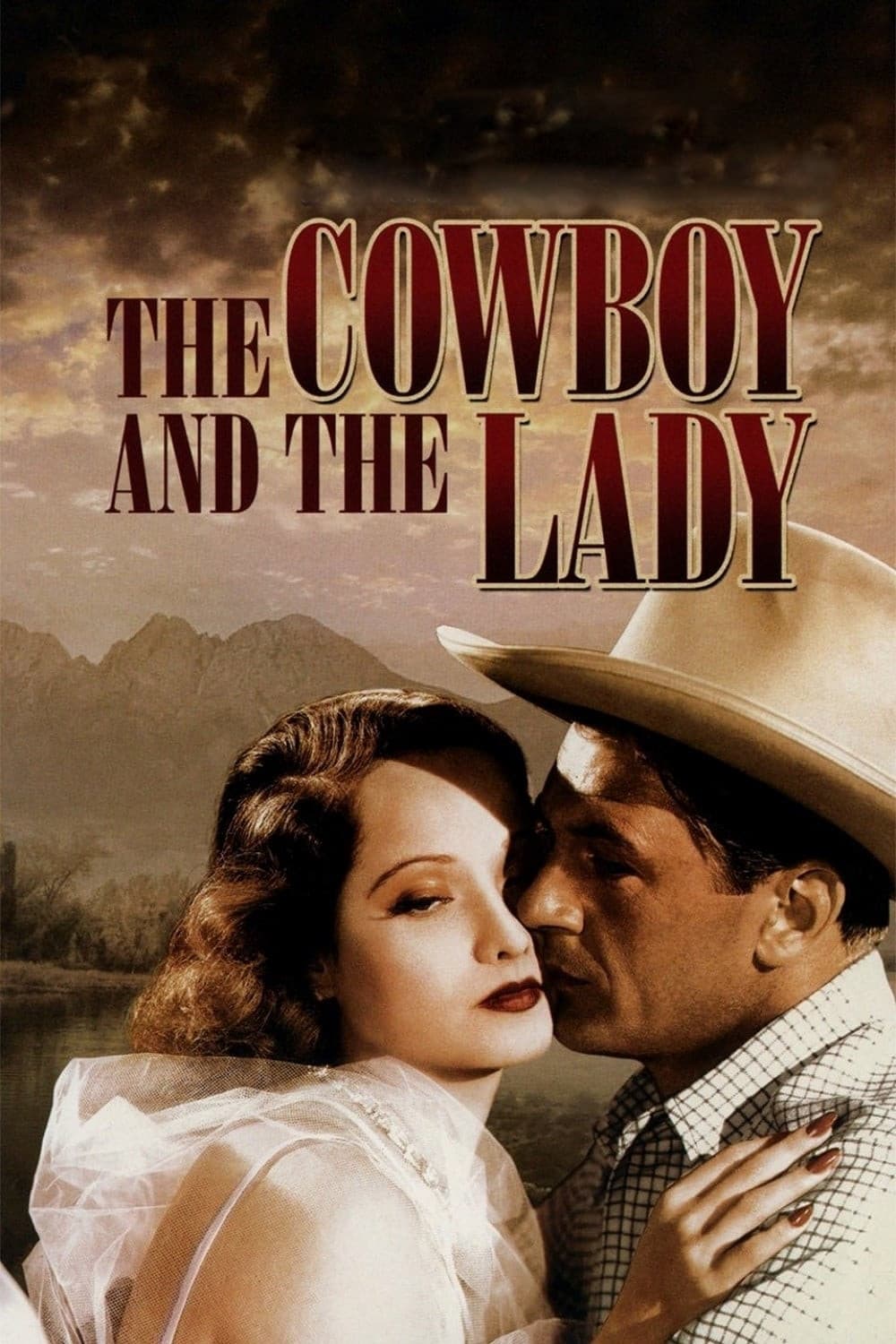
The Cowboy and the Lady
(Additional Writing)

Candide
(Lyricist)
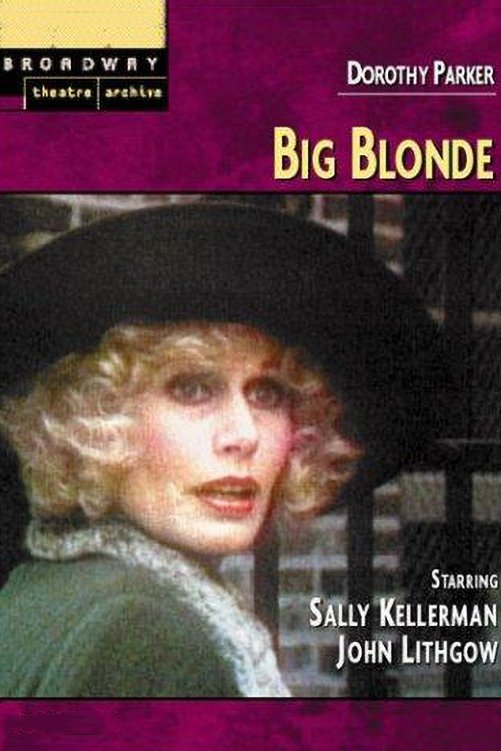
Big Blonde
(Short Story)
Candide
(Writer)
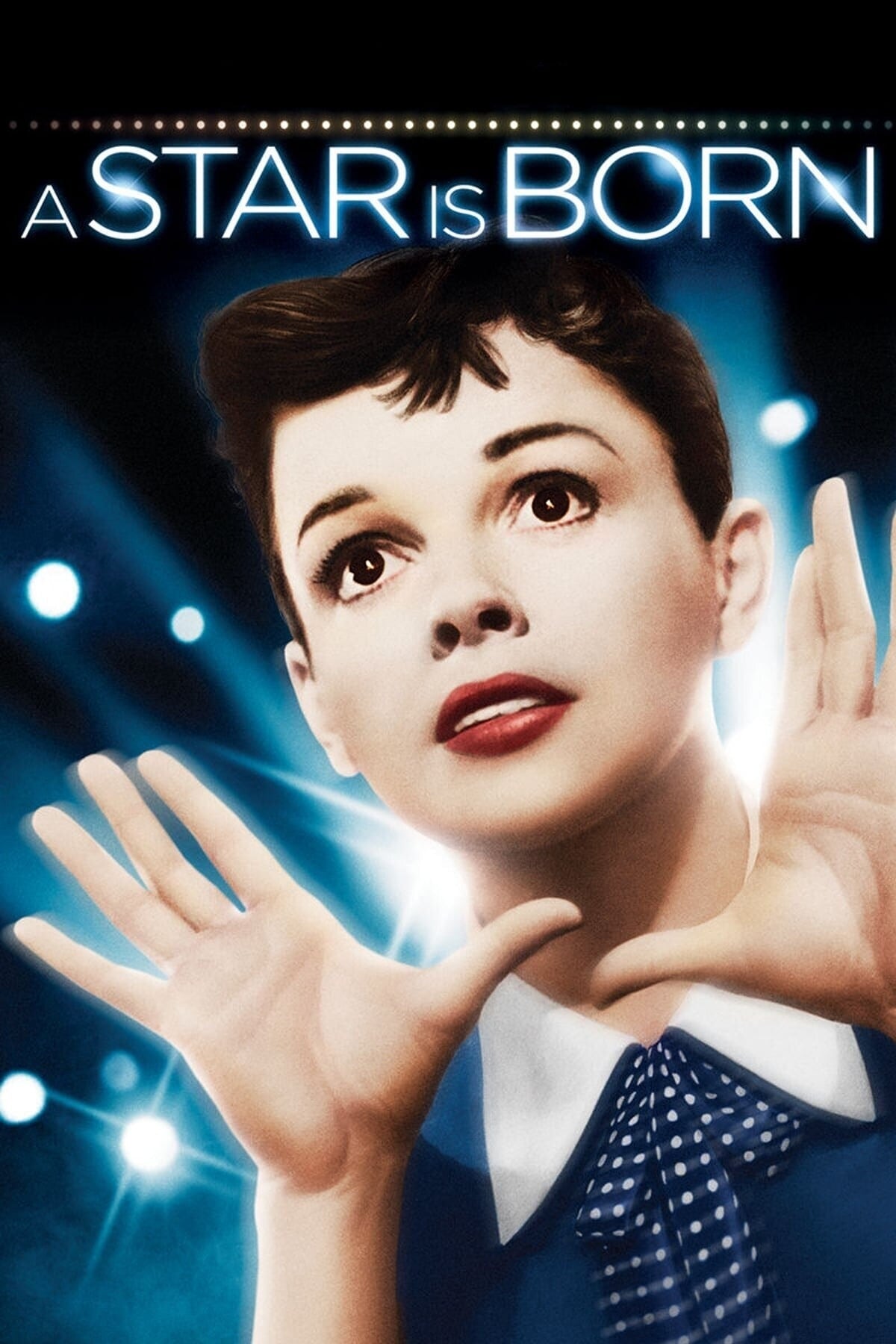
A Star Is Born
(Original Film Writer)
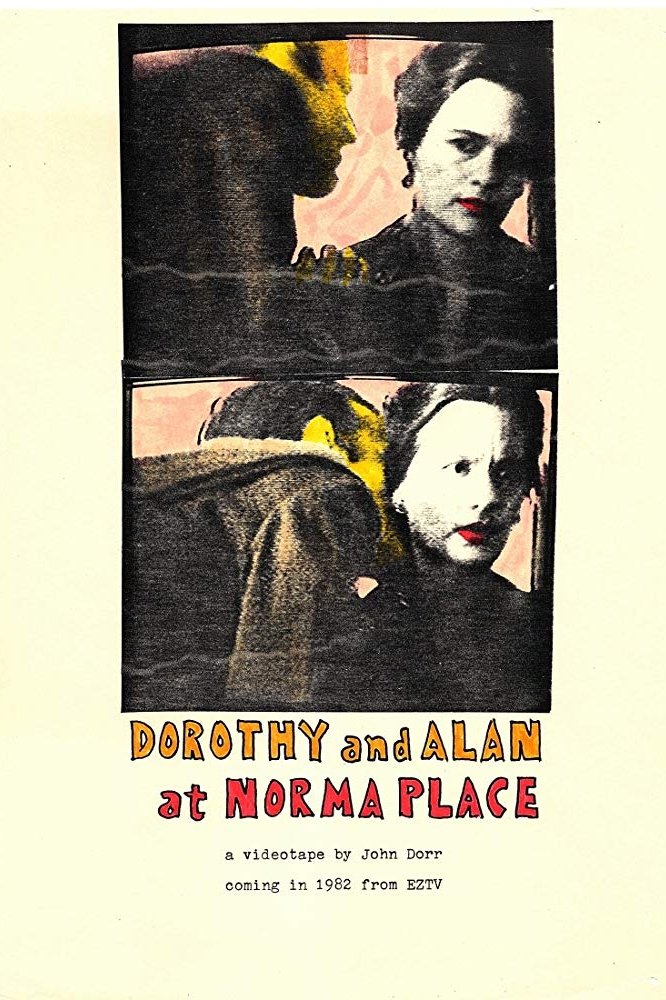
Dorothy and Alan at Norma Place
(Original Story)
